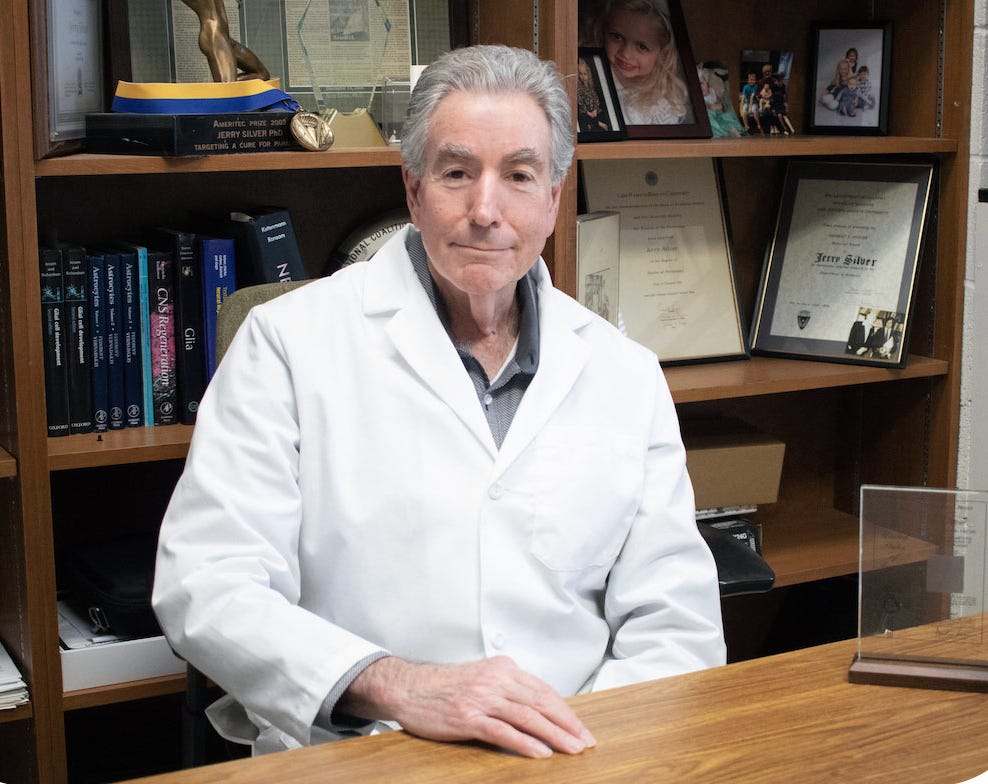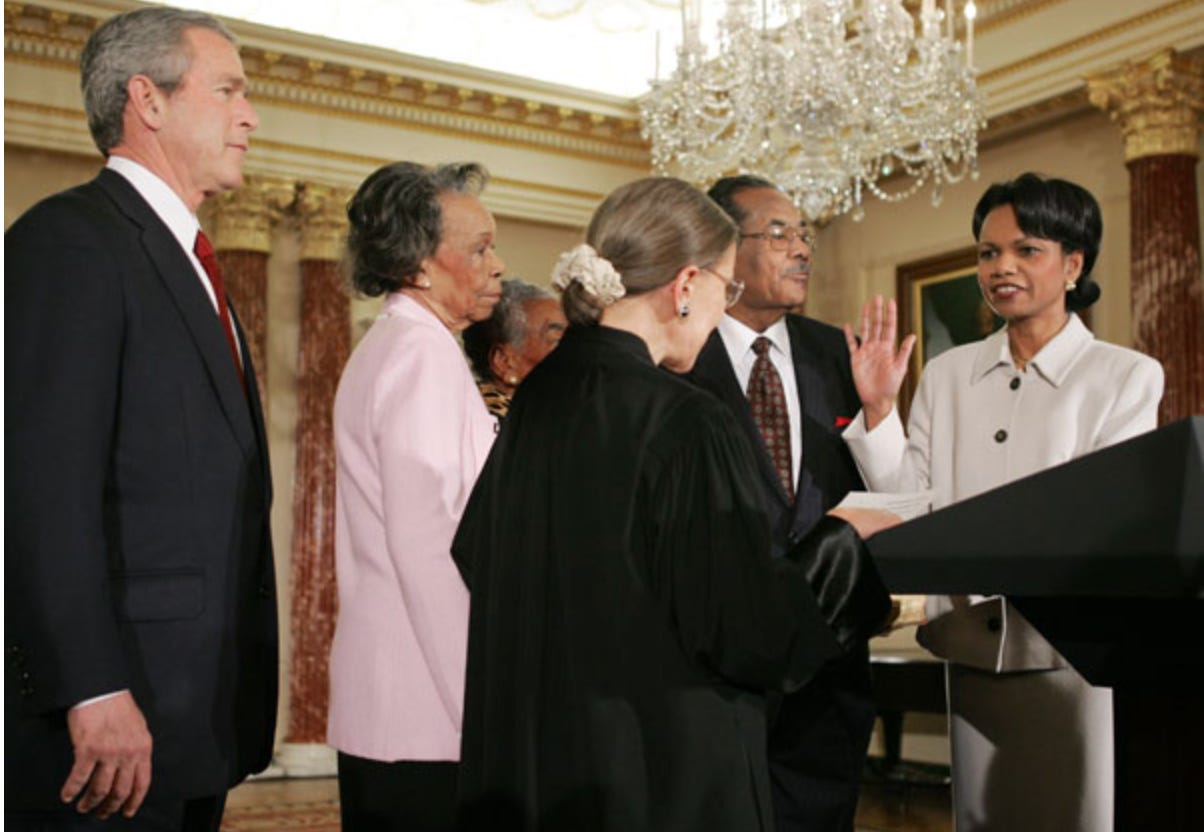The Connecting Threads of Progress
Juneteenth, healing, and those tenuous links that keep hope alive
Yesterday, as many honored Juneteenth, I found myself sitting with a deeper tension: not just about freedom, but about how painfully slow progress can be.
Juneteenth marks the day in 1865 when Union troops arrived in Galveston, Texas, and announced that enslaved people were free, more than two years after the Emancipation Proclamation. That delay says a lot. Change may be declared with a document, but it doesn’t show up all at once. It arrives unevenly, belatedly, if at all. The real work of justice happens afterward, and justice never moves fast enough.
Earlier this month, I read about a clinical trial from NervGen Pharma. For the first time, a drug targeting people with chronic spinal cord injuries showed statistically significant gains in restoring motor function. The language was dense, something like “increased electrical connectivity between the brain and hand muscle,” but it stopped me cold.

That may sound like scientific gobbledygook. But to me, those are the threads. The thin, fragile connections that keep me engaged. That keep me aligned with hope.
I’ve been paralyzed for nearly 15 years. I still believe in healing. But I’ve learned that healing doesn’t always look the way we imagine it. Sometimes it’s not a cure. It’s a mindset shift. In outlook. In connection. In how you carry on.
I didn’t ask to be here. I didn’t choose this path. But I’ve spent every day since that crash trying to make something meaningful out of it. And I draw strength from stories like Condoleezza Rice’s and what Juneteenth means to her. She grew up in Birmingham, Alabama, one of the most segregated cities in America. In 1963, she felt the blast of the 16th Street Baptist Church bombing just blocks away, in the church where her father preached. Two of the four girls killed were her friends.
Still, her community held close. They didn’t forget the pain, but they didn’t let it define them. Each Juneteenth, her family talked about what their ancestors must have felt when they were finally told they were free. They used that memory to keep pushing forward.
I don’t pretend my story is the same. But I recognize the shape of that resilience. Of refusing to give up on the future, even when the present feels immovable.
When you live with paralysis, progress rarely comes in leaps. It comes in flickers: a twitch, a signal, a spark of possibility in a study you weren’t sure would go anywhere. But you cling to it. Because you have to. Because you’ve come this far, and turning away now would mean turning your back on the very thing that got you through. Belief. Hope.
There’s a line often quoted from Martin Luther King Jr., that the arc of the moral universe is long, but it bends toward justice. I’ve watched that arc move. In slow, imperceptible shifts. In missed milestones and overdue victories. But it bends.
So when I see a drug trial show a flicker of restored motion in a paralyzed hand, or a nation honoring a truth too long ignored, I don’t just see headlines. I see evidence: That progress, however fragile, is possible. That pain, however deep, doesn’t have to be the final word.
And I see the people: researchers, activists, caregivers, families, the ones who keep showing up. Who keep believing. Who keep bending the arc, a little bit more, every day.



I love reading your words. They are inspirational and honest. Thank you fir sharing your journey, I can only hope that there will be some innovation that can help you.
Beautiful words that bring inspiration and hope. Hugs.❤️🙏☀️